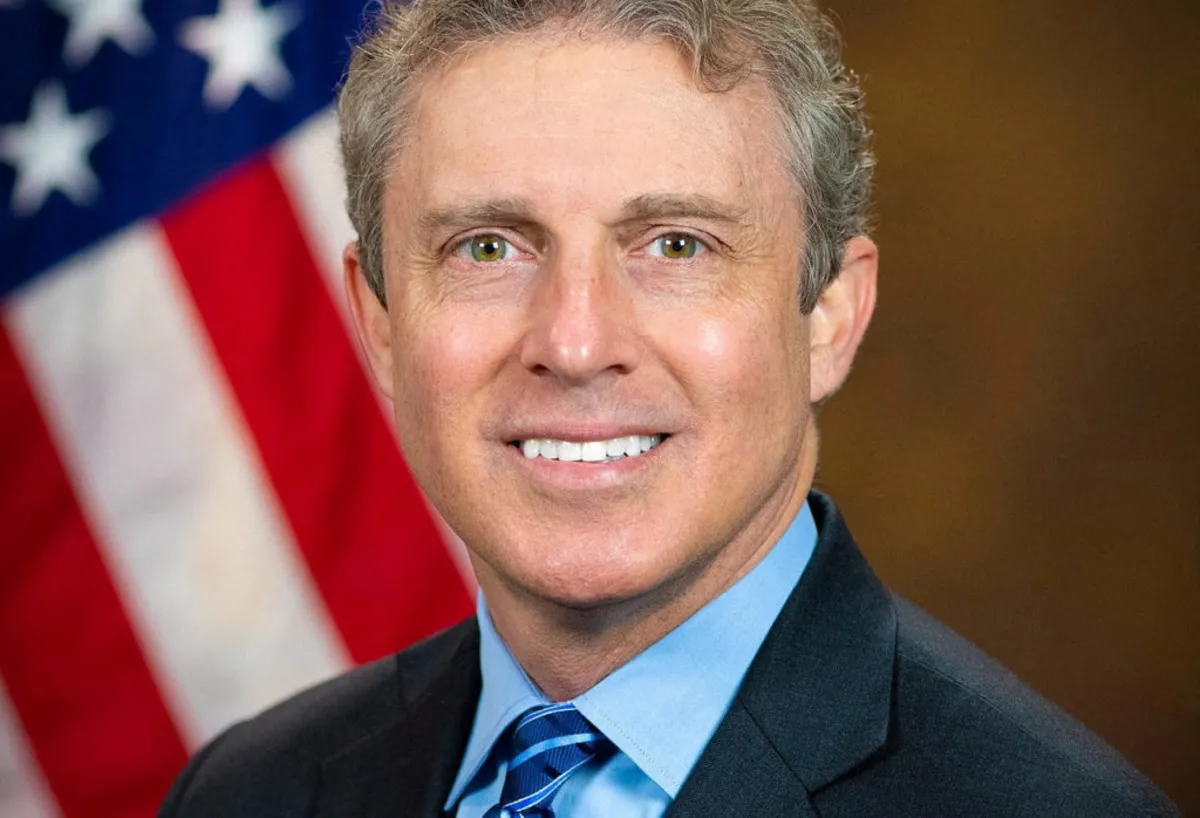
A federal judge in Washington has ruled that the head of the Office of Special Counsel, Hampton Dellinger, must retain his position, declaring President Donald Trump's attempt to remove him was unlawful. This ruling, issued on Saturday by U.S. District Judge Amy Berman Jackson, highlights significant legal questions surrounding the president's authority over independent agencies and is expected to be examined by the U.S. Supreme Court.
Dellinger initiated a lawsuit against Trump last month after his dismissal, arguing that the law stipulates special counsels may only be removed by the president for reasons such as inefficiency, neglect of duty, or malfeasance in office. Judge Jackson, appointed by former Democratic President Barack Obama, quickly reinstated Dellinger while he pursued his legal case.
In her ruling, Jackson dismissed claims from the Trump administration that the protections against the special counsel's removal are unconstitutional, stating that allowing the president to remove Dellinger at will could undermine his crucial responsibilities. These responsibilities include safeguarding the federal workforce from illegal actions, such as retaliation against whistleblowers.
Jackson articulated the necessity of the special counsel's independence, emphasizing that the role must be insulated from political pressures to ensure that government employees can report wrongdoing without fear of repercussions. “The Special Counsel is supposed to withstand the winds of political change,” Jackson noted, underscoring the role's importance in protecting both whistleblowers and federal employees.
In response to the ruling, Dellinger expressed gratitude, stating, “I’m glad and grateful to see the court confirm the importance and legality of the job protections Congress afforded my position.” He reiterated his commitment to defending federal workers and whistleblowers from unlawful treatment.
The Office of Special Counsel plays a vital role in investigating whistleblower claims and pursuing disciplinary actions against those who retaliate against whistleblowers. Dellinger emphasized the necessity of his independence, conveying that without it, employees would be less inclined to seek his assistance. “If I don’t have independence, if I can be removed for no good reason, federal employees are going to have no good reason to come to me,” he remarked to reporters outside the courthouse.
The Justice Department has indicated its intention to appeal this ruling to the federal appeals court in Washington. Previously, the Supreme Court temporarily permitted Dellinger to remain in his role during the ongoing legal proceedings. This ruling arrives at a critical time as Dellinger is also contesting the removal of probationary employees who were terminated amidst the Trump administration's extensive government restructuring.
Furthermore, the Hatch Act, which restricts the political activities of federal employees, has been a point of contention, particularly as Trump administration staff have publicly supported the president's policies while on duty. Acting Solicitor General Sarah Harris argued in court that blocking Dellinger's removal crossed a “constitutional red line,” asserting that it prevented Trump from effectively shaping the executive branch's agenda during the early days of his administration.
In conclusion, the recent ruling by Judge Jackson reinforces the importance of the special counsel's office in maintaining accountability within the federal workforce, while also highlighting the ongoing tensions surrounding presidential authority and independent agencies. As this case progresses, it is poised to have significant implications for both whistleblower protections and the balance of power within the federal government.